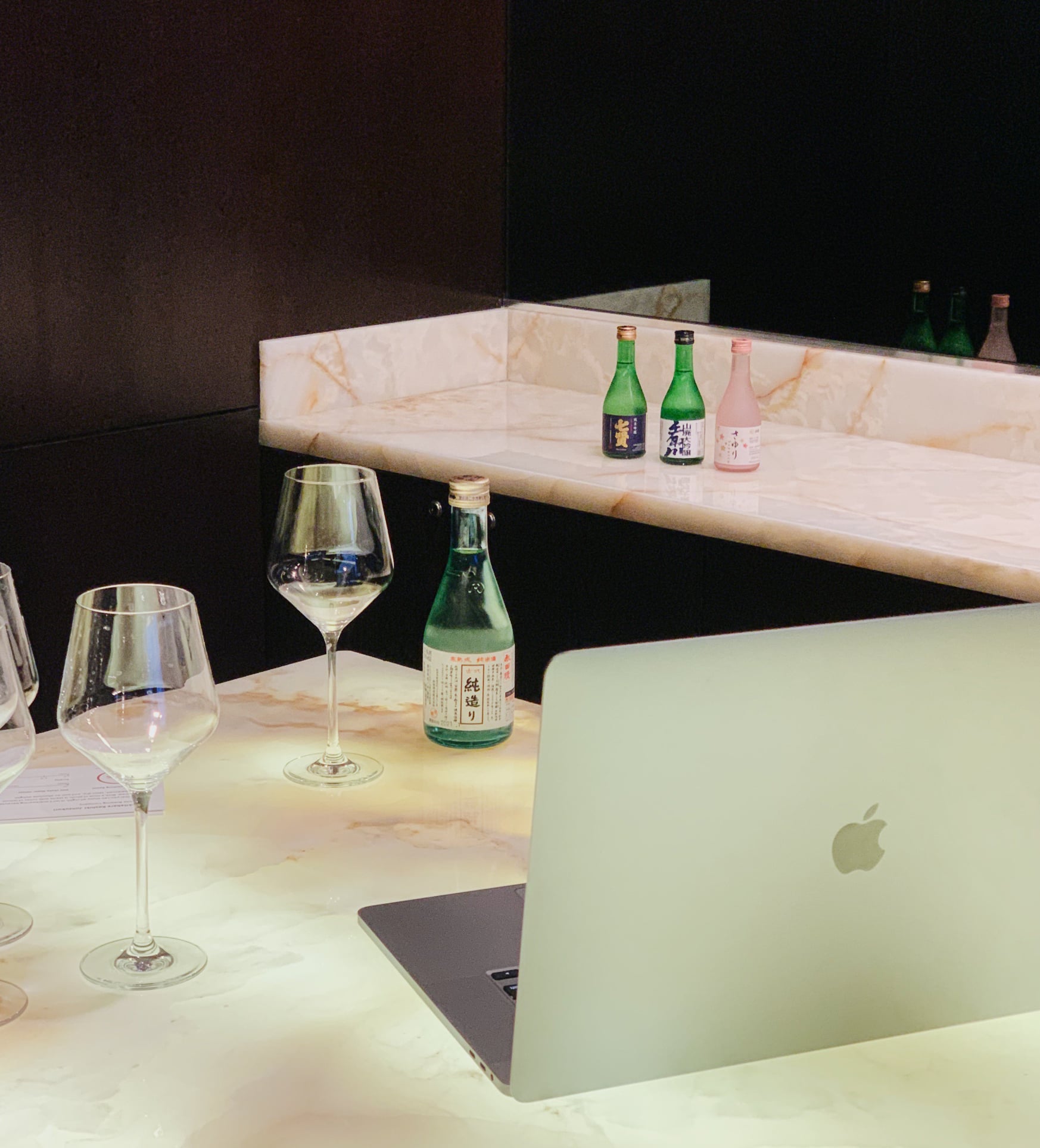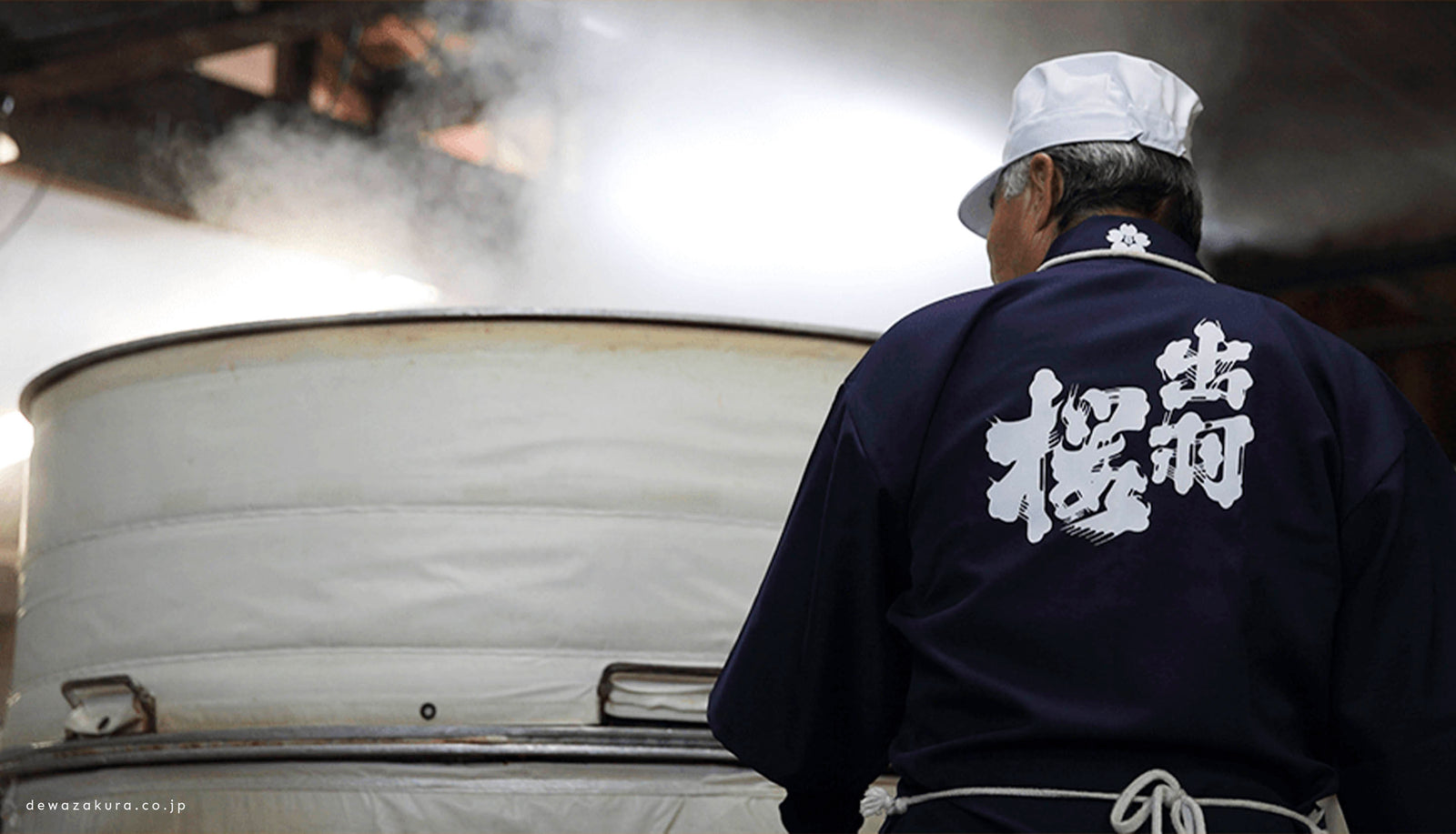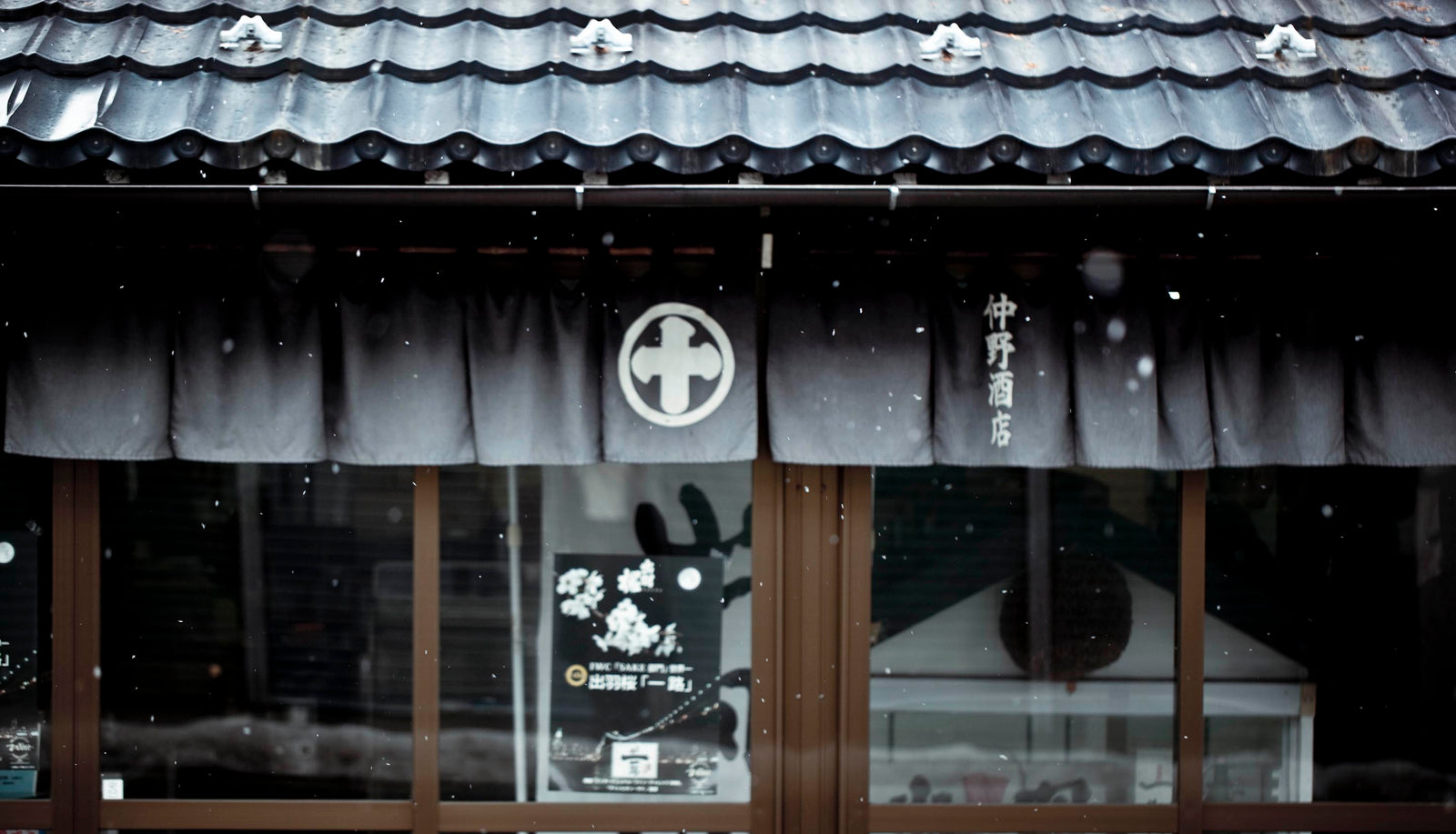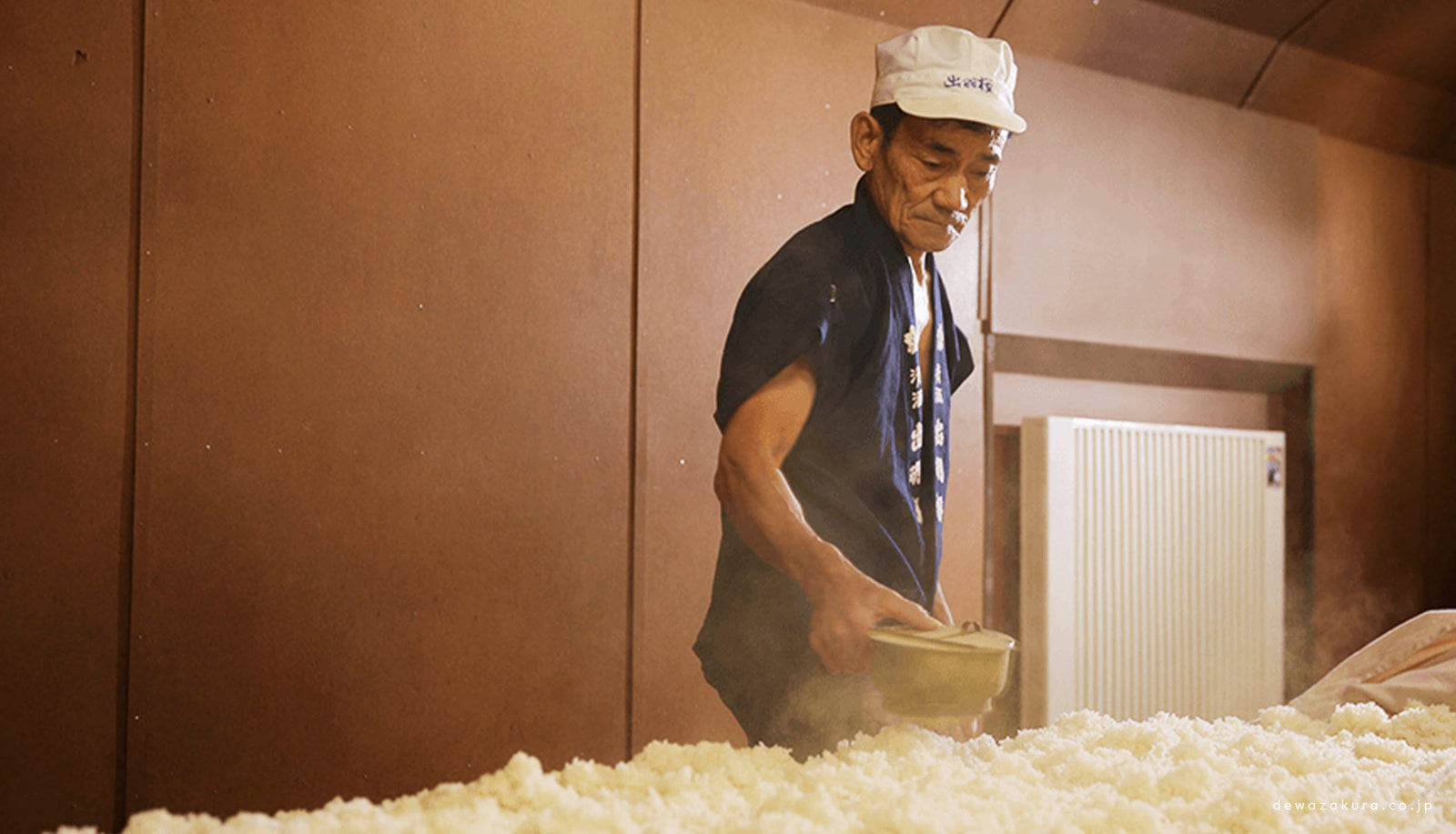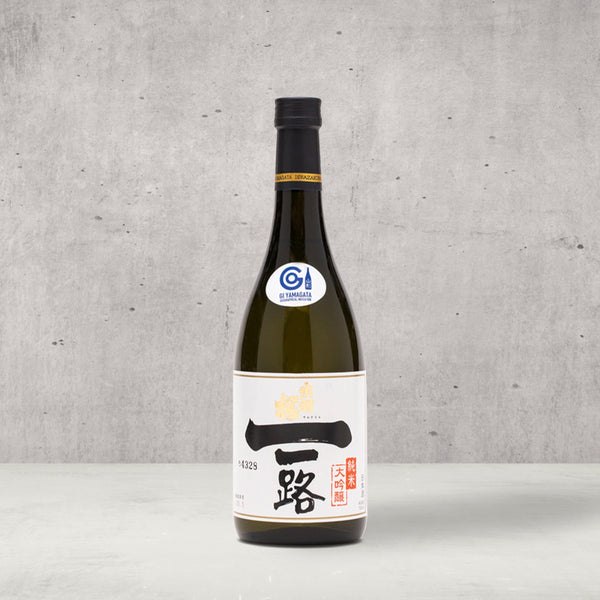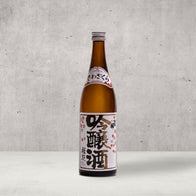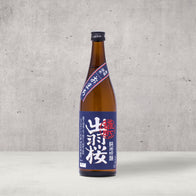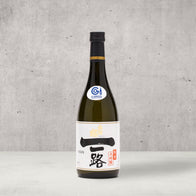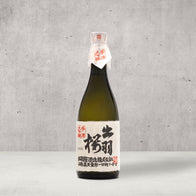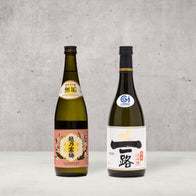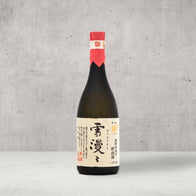
出羽桜酒造
Dewazakura Brewery
BREWERY | 出羽桜酒造
Dewazakura Brewery

In order to understand why this brewery is so special, we need to take a quick dive into the world of Liquor Tax Act in Japan. Stay with us here, because this might be the only time where a story about taxes will keep you on the edge of your seat, because it's really a tale about a plucky underdog coming out on top. Back in the 1980's, the word "Ginjo" was fairly unknown to the regular sake drinker. The very few Ginjos that were commercially sold were incredibly expensive, and usually bought only to be given as gifts. Sake in Japan back then were not sold classified by their types, like Ginjo, Daiginjo, Junmai, but rather in three categories of Special Class, First Class, Second Class. This classification was not based on how good the sake was, but simply, if brewers wanted their sake to be sold as First Class or higher, they had their sakes tested by the government to ensure its quality, and if it passed, they were sold as First Class or Special Class. They were also taxed accordingly; the higher the class, the higher the taxes.
In order to compete with the wealthy national companies who were all clamoring to get their sakes classified as First Class, Dewazakura, a small local company, brewed a beautiful Ginjo sake called Oka Ginjoshu. They did NOT have it appraised by the government, and sold them as Second Class, and therefore, at a more affordable price, allowing, for the first time, regular people to enjoy ginjo sake. In a blink of an eye, the fruity, light, crisp sake was a sensation; people "discovered" Ginjos, triggering the Ginjo Craze, and Oka Ginjoshu became synonymous with Ginjo.
Also, fun little tidbit: Dewazakura's sakes were the model for the scent of SK-II beauty products.
Founded
1892
Employees
66
Flagship Product
Dewazakura Ōka
Location
Yamagata Prefecture
Dewazakura Brewery is in Yamagata Prefecture, located at the southern end of the Tohoku region. The Prefecture is famous for its fruit production, especially cherries, and great skiing. Dewazakura's brewery is located in Tendo City, a city known for their manufacturing of shogi pieces (Japanese chess), and their pear and cherry orchards.

Head Brewer - Toji
Yoshiyuki Inoue

Yoshiyuki Inoue graduated from Tokyo University of Agriculture focusing his studies in Fermentation Science.
Recommendation
Favorite
Notable
Awards & Accolades
- 2018 - U.S. National Sake Appraisal, Gold for 18 continuous years
- 2018 - Tohoku Sake Awards, Honor Prize (Total 72 times)
- 2017 - Annual Japan Sake Awards, Gold for 6 continuous years
- 2016 - IWC (international wine challenge), Champion Sake: Dewazakura Dewanosato
- 2016 - IWC (international wine challenge), Sake Brewer of the Decade
Shop
From this Brewery
Our Mission
Dewazakura aims to make sake so markedly superior in quality that anyone could taste the difference, not just the professionals. They also are conscious of keeping the price point where their sake can be affordable to as many people as possible. They use every penny on elevating the quality of the sake, not on any superficial elements, like fancy bottles.
Quality
Water and Rice
GI Yamagata is a trademark that protects the regional appellation of a product whose established characteristics, such as quality and reputation, can be attributed to its geographical origin. Well-known examples of this are Roquefort, Darjeeling, and Champagne. In 2016 Yamagata sakes were granted a registered geographical indication, called GI Yamagata.
Yamagata has been researching sake rice for many years. In 1997, they developed the sake rice Dewasan-san after 11 long years of research. Sake made with this variety is known to be soft and have depth. In 2007, Dewa no Sato, a variety with a large rice core—perfect for junmai sake—was developed. Dewazakura's sake using this variety, Dewazakura Dewa no Sato, won Champion Sake, the highest honor for sake, proving the unparalleled quality of this variety. In 2017, the much anticipated Yuki no Megami was developed.
Underground Soft Water
Dewasan-san Rice

